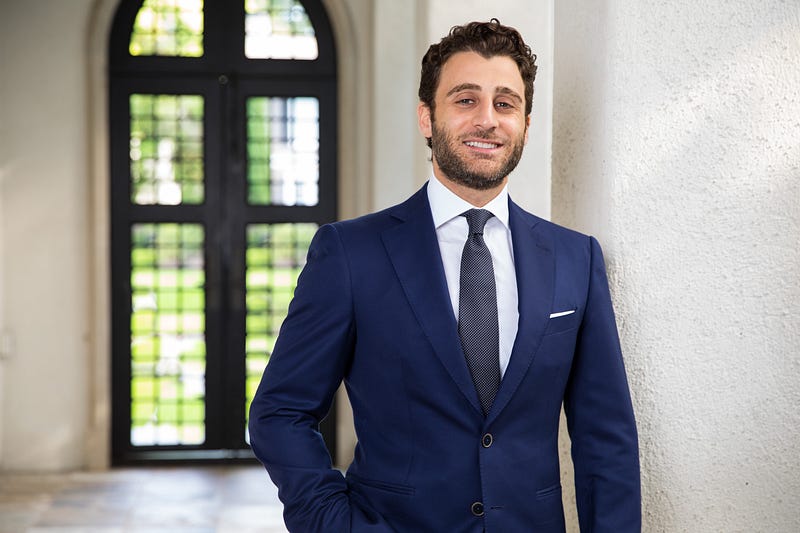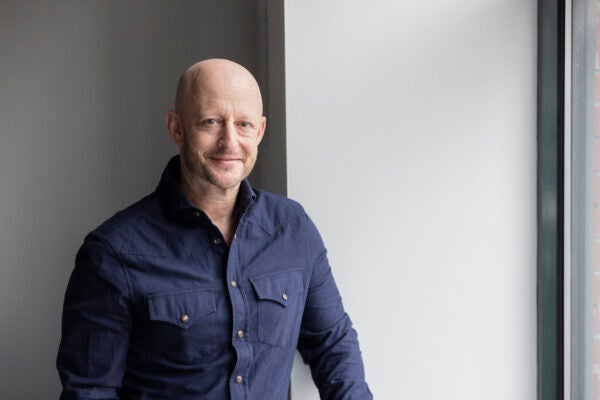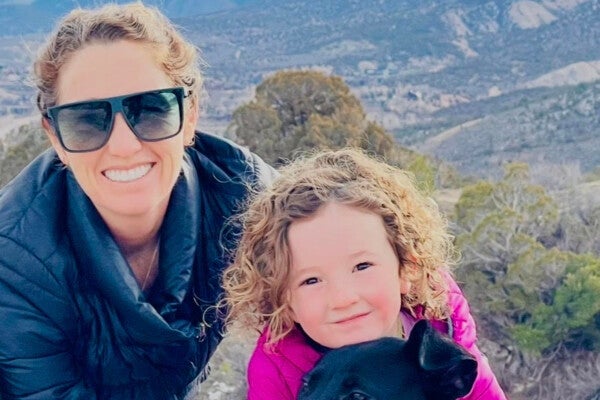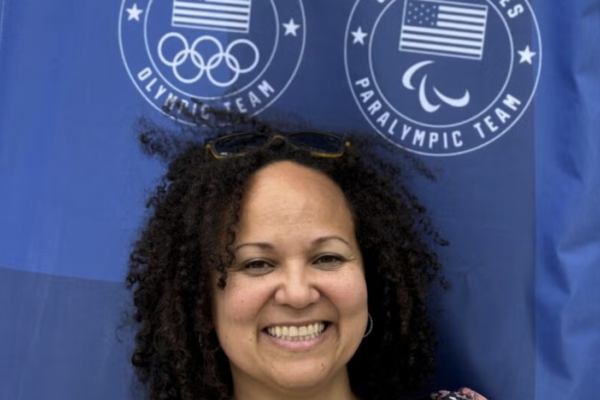Entrepreneurial Thinking
K.K. Salem, lead donor of a newly named center, on the free market and making the world better
By Mary Ann Roser

Khaled “K.K.” Salem, BBA, ’05, was 3 years old when he and his family fled Lebanon “in the middle of the night and with one suitcase.” The country was riven by civil war, and he says the Salems were lucky to escape.
The family settled in Houston, where his parents sacrificed to send their three children to private school. Salem recalls his oncologist father spending most of his waking hours taking care of patients. His mother ran the household and helped instill in Salem and his siblings a duty to help others.
Having watched his parents sacrifice so that he could reap the benefits of the “American dream,” Salem, the CEO of Williamsburg Enterprises, a Houston real estate investment firm, is giving back to the business school that opened him to a world of opportunity. His foundation is the lead donor of an $11.3 million gift to establish the Salem Center for Policy at the McCombs School of Business. It will provide resources to help faculty members and students do research and generate data that provide insights into how policy and entrepreneurial thinking affect the free market.
“The free market system is what allows you to have this land of opportunity,” says Salem. “It explains why an immigrant from Lebanon like my father can come to the United States as a relative unknown, study, work hard, and become an internationally renowned oncologist.”
Explains Carlos Carvalho, the center’s executive director and a professor in the Department of Information, Risk, and Operations Management: “We want the Salem Center to be a novel, young, cool take on more traditional economic ideas.” The school is planning a reception for next year to honor Salem’s generosity.
An edited version of his comments about the gift follows:
What motivated you to donate your gift to McCombs?
My parents are in their 70s, and I wanted to make sure they saw and experienced this. I wanted to honor them for all their years of sacrifice. I also wanted to show students that you’re never too young to step up and make a commitment for a cause that is greater than yourself. We all can make the world better than we found it. I’m a business person. I don’t have any special powers. I’m not saving any lives; I’m not jumping into burning buildings. But to the extent that I can use my skill set for solving problems, that’s my role in society. And I’ve always felt that when you help others, the person you really help is yourself.
Who inspired your philanthropy?
The easiest thing someone can do is write a check. We should all live every day to help others, to open the door for others. There are those who have done this day in and day out and never publicized it. I’m just doing the bare minimum. My father at 78 is working 12-hour days, saving lives, and trying to find a cure for cancer. The doctors, the nurses, the professors, the policemen, and the firefighters — those are my heroes.
What are your goals for this center?
This is not a center for some; this is a center for all. We are all, in one way or another, products of a free market system. I want there to be interest in the topic. My goal is not to influence policy; it’s to provide the tools necessary for some of the smartest minds in the world to get together, to collaborate, and hopefully, produce research that shows what is truly happening in this world. We must produce something of benefit, and if we do that, we have achieved our goal.
Why are you an entrepreneur? Are you hoping to spark more entrepreneurial thinking among students?
I realized that I wasn’t a 9-to-5 kind of person. I realized by working for others that I wanted to do my own thing. I was comfortable betting on myself, and business afforded me the ability to do that. Basically, businessmen are like fishermen: They eat what they catch.
How does creating this center square with your values?
You’re never too young to look at yourself in the mirror and say, “How can I be of use to others?” This gift is about helping people I don’t know. I have been blessed beyond my wildest dreams, and I have my UT education to thank for it. My philosophy of giving is: a hand up and not a handout. My hope is the people we have helped will turn around and help others they don’t know.
This article appeared in the winter 2020 issue of McCombs magazine. Click on the link to see the full issue.
About this Post
Share:


